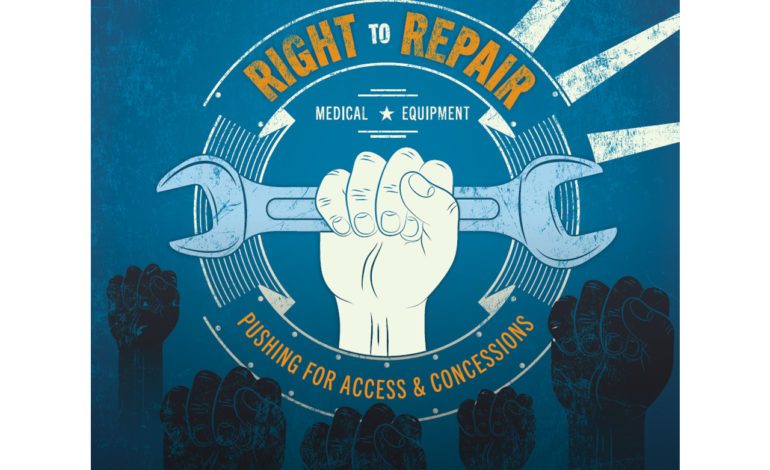

Just last week, Microsoft has accepted given in to a number of investors advocating for “right-to-repair” policies, as Kotaku reports. These steps could lead to Xboxes that are designed for ease-of-repair, which wouldn’t just be better for consumers: It could also seriously help shrink Microsoft’s carbon footprint.
According to the advocacy group As You Sow, electronics are the fastest growing waste source in the world, and 70% of that waste is coming from the production itself. That means that if players could repair their own devices easier and cheaper, then the decrease in production would seriously reduce the pollution coming out of the process.
In response to pressure from groups like As You Sow advocating for right-to-repair, Microsoft has agreed to hire third-party consultants who will investigate the impact of building consoles with easier repair in mind. These consultants will also look for new ways to repair all Microsoft devices.
That’s a major step in the right direction considering the months of negotiations it took to get to this point, as Grist reports. However, it might not be the last. Just last September, both Apple and Deere & Co. (a major farm equipment manufacturer) filed resolutions related to the right-to-repair movement. With luck, this could lead to a better perception of the right-to-repair movement among major manufacturers.
Unfortunately, there are still hurdles for the movement. The ESA (Entertainment Software Association) is a major lobbyist group that actively opposes right-to-repair policies. The group is filled with huge names in electronic manufacturing, including Microsoft themselves. This organization has made numerous claims about the right-to-repair movement. These include that advocacy groups “exaggerate the environmental impact of legislation as it relates to consoles” and that making their consoles easier to repair would result in “significant potential for security and piracy risks.”
Right to repair supporters exaggerate the environmental impact of legislation as it relates to consoles.
Microsoft’s Terms of Service still don’t even allow warranty for consoles which have been repaired anywhere other than their own factories, so there’s still plenty of ground to cover before companies are willing to decrease their carbon footprint.
As it stands now, things could definitely improve. But if decisions like this keep being made, then maybe the electronics industry could be a lot more eco-friendly.
Play games, take surveys and take advantage of special offers to help support mxdwn.
Every dollar helps keep the content you love coming every single day.

